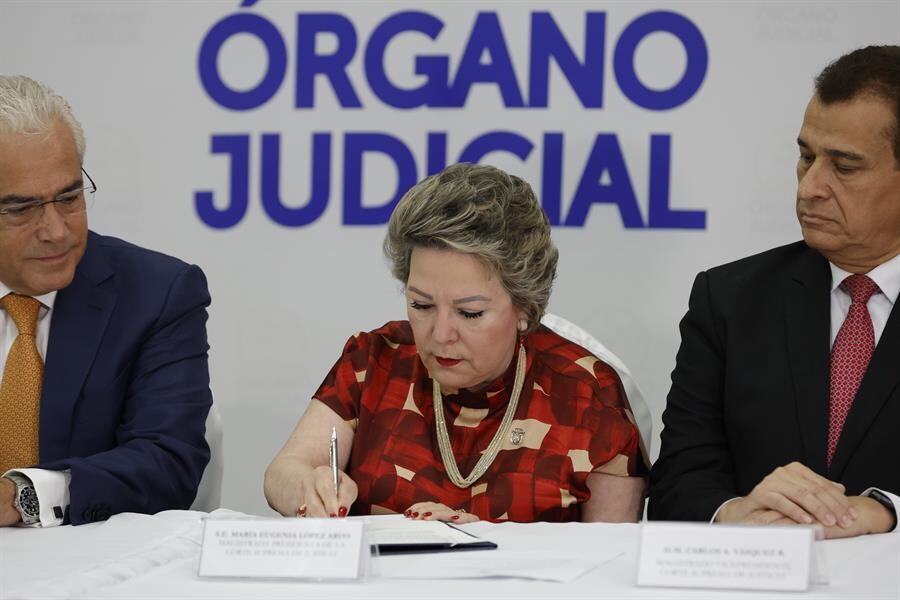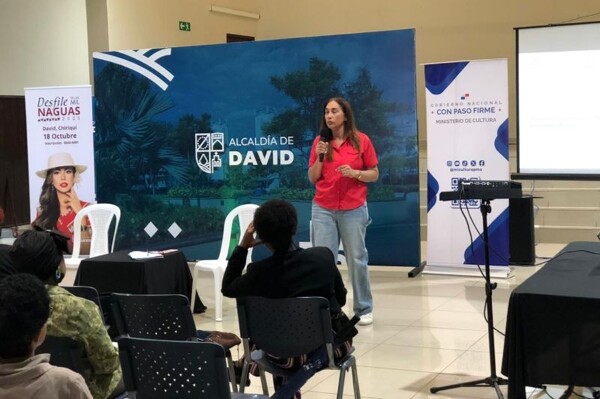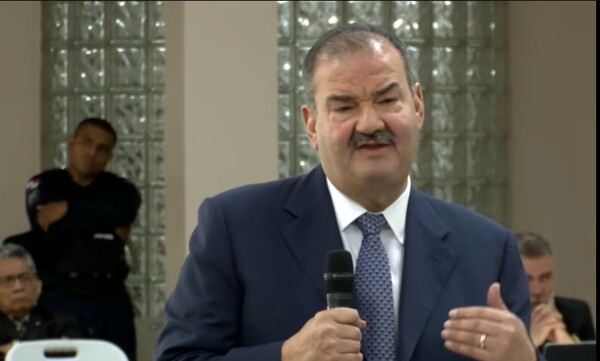
Panama joined the Salta II Declaration in June of this year through the signature of Guillermo Endara (1989-1994), the first constitutional president after the military regime. This declaration, approved in October by the SIP, is a revision of the original text from 2018 that seeks to adapt to the current challenges of press freedom in the digital environment.
The president of the Supreme Court of Justice of Panama, María Eugenia López, signed the Chapultepec and Salta II declarations in support of press and expression freedom, in the presence of the SIP president, José Roberto Dutriz. During the event, López highlighted the importance of freedom of expression as a fundamental right that guarantees the manifestation of ideas without censorship or reprisals.
The signing took place at the headquarters of the Panamanian Judiciary, in the presence of judicial authorities and representatives from media outlets in the country. López emphasized the need to promote an environment where diversity of opinions is valued, and the dignity of all people is respected, stressing that communication through the media is crucial for the administration of justice.
José Roberto Dutriz, for his part, celebrated Panama's adherence to these declarations, highlighting that it is essential for the country to coexist in a framework of respect, listening, and cooperation among the different powers. He emphasized the importance of press freedom, freedom of expression, and democracy as inseparable pillars of a free and modern society.
Panama's commitment to freedom of expression and the press was ratified on November 21 by President José Raúl Mulino when he signed these two declarations, becoming the first leader in the region to adhere to Salta II. The Chapultepec Declaration, adopted in 1994 in Mexico, is a milestone in the defense of freedom of expression in the American continent.














